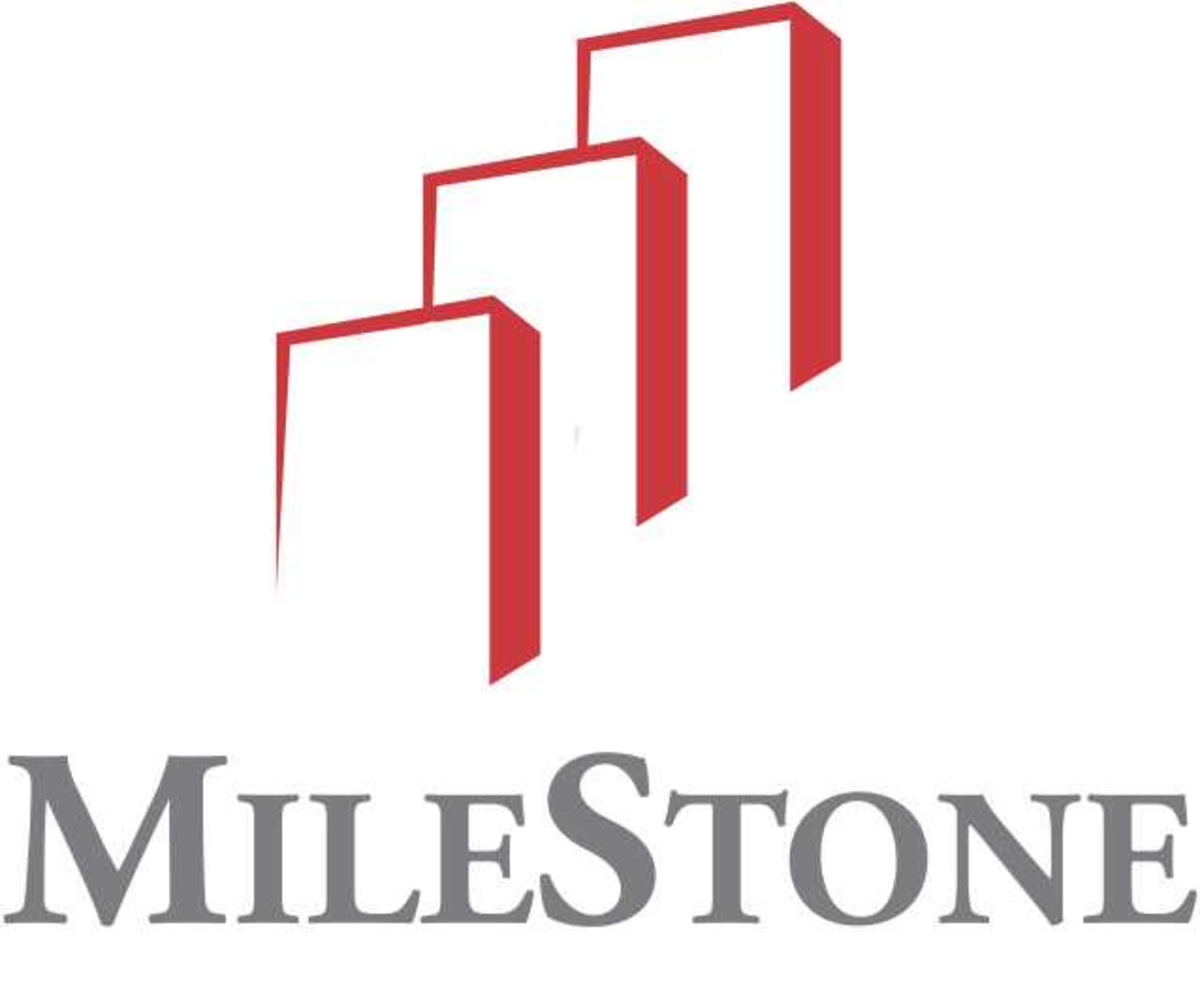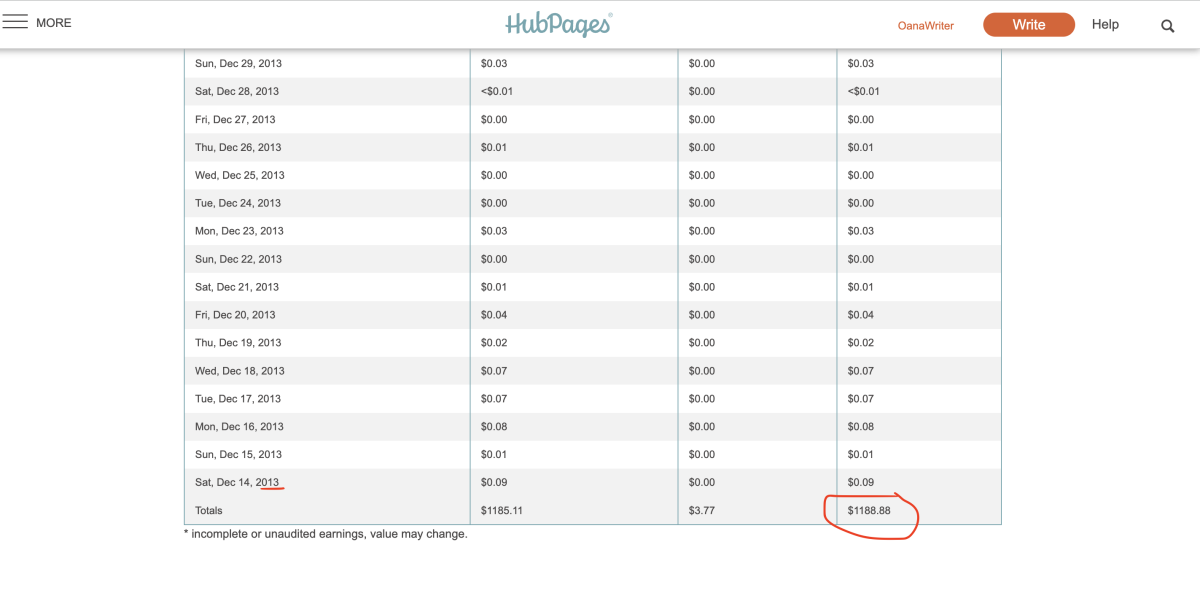How Does SEO Work
Does Your Website Stand Out

What Does SEO Stand For
I did the research, so you don't have to!
I know it sound ridiculous, but a few years ago I had no idea what those mysterious letters "S.E.O." meant. What I did know was that Search Engine Optimization was the first thing you should learn when considering how to make money online. Why? Because search engines, I have since discovered, manage the four primary functions that help your online presence gain popularity; and popularity is what it is all about.
The Four Functions Of SEO
- crawling
- building an index
- figuring relevancy plus ranking
- and finally serving results
How Does SEO Gain You Popularity Online?
By doing the following every single minute, of every single day...
-
Crawling
-
Indexing
-
Relevance & Ranking
-
Serving Results
Define SEO
What Is SEO Online
Now, by telling you the four functions it doesn't mean I expect you to understand them, I know I didn't. I had to look around and read several bits of information from around the web and also in some really great articles here on HubPages.
Providing you're still with me, here we go. One by one I am going to give you the breakdown on what each of the four functions of "SEO" can mean to you.
SEO Crawlers

Defining The 4 SEO Functions
Understanding SEO Functions
#1 CRAWLING:
- It boils down to what we can imagine happening in cyberspace. Think of the web as a network of locations along a busy city transit-route. (This location is most likely a web page, but could also be a JPG, PDF, or any other file). The search engine requires a way to find or "crawl" to every location along this transit-route. Being efficient, they want to use the best and most direct path to these locations, we call them links. These links are what we are trying to create, a direct and efficient path to our web page or file. The search engine is going to find the highest ranking link (path) to a location (your page), thus making the trip (search) the best experience to the best location desired. If you can create the best links to your page, you have accomplished SEO.
- The link configuration of the world wide web is the thing that binds together all of the pages ever created and that are available to access. The links we create are used by the search engines automated robots, called "spiders" or for our purpose here, "crawlers" to access all of the billions and billions of connected pages.
SEO Indexing

#2 INDEXING:
- Now that the search engines have located all of the pages, the pages have to be indexed; they extract information and store it within huge hard drives (storage units) found everywhere on earth (practically) to be easily recalled when some person makes a request/query online. The search engines have a tough job, they provide access for the billions of world wide web users to every page stored. In our society we are very enveloped in the concept of "now means right now". So when you make a request of any of the major engines, you demand results within seconds. Having to wait even 4 or 5 seconds could send you looking elsewhere for your information. Thus, the engines work very hard to provide you with the fastest and most accurate information.
SEO Determines Relevance and Ranking

#3 RELEVANCE & RANKING:
- It is "relevance" and "importance" that search engines set out to influence. Every time a person is searching for something online the engine has to look through all of the billions of pages stored away and provide both of these functions—call up only the information that the searcher will find relevant and helpful to the query, and also provide a "ranking" for that information in the order of importance that the stored data is assumed to have.
- Relevance means more than putting words on your page that get searched for by the public. The search engines have developed an evolutionary approach to results, and have very smart engineers that came up with better ways to assess such data. I learned that in early web search design, engines didn't think they needed smarter ways to extract the requested information.The fact that their simplistic methods showed negative results, caused the search engines to rewrite the methods of data search and word identification on the web. This means that today, many things influence the way a search engine will extract data and rank it, it also means that when you conduct a search, the results will be far better and more on target than in the early web search days.
SEO Serves Results

#4 SERVING RESULTS:
- Search engines do a really good job at a very difficult task, which is quantifying the importance of the information they extract from the storage units during a query. As it stands, the major engines tend to interpret popular as important . Which, has actually worked out in providing some of the best results available. It is bothersome to assume because something (a page, document, file, or site) has popularity it also has higher quality information. I guess there is something to be said for experience after all; besides I also learned that the search engines continued use of metrics that interpret popularity, increased user satisfaction significantly. So it would seem, popular is in fact important.

How Do You Achieve The Best "SEO" For Your Site?
I am still learning how to go about the very important marketing task of finding the best SEO for my work. I have found a number of spectacular hubs by some spectacular writers on this very subject (← they are listed at left). In reading every-bit of the hubs I liked out there on SEO, I gained an immense amount of online savvy pretty quickly. Be assured that I have them bookmarked to assist in optimizing my search know-how as I continue to learn all I can to provide better information for readers and better income for hubbers! The goal is to never feel as if you know it all, because every day something new is almost sure to pop up. To miss the new stuff, would be like missing the proverbial boat!
These Hubs Have Helped Me Learn Many Things
- What Meta Tags Are & How to Optimize Metadata for SEO
Learn why meta tag optimization is still important in SEO and what to look out for! - How To SEO :: On-Page Optimization
It isn't hard to assume that you are here to learn about on-page optimization. Well, I can tell you, you have come to the best place! In this how to seo article, I can not think of a better example than... - Making Money At Home - On Line Money With Amazon A-Stores
Making money at home has its benefits. One of the best ways to do this is by earning on line money. Doing this with Amazon A-stores is even better! You benefit! Working online can enable you to stay-at-home...







